Let S = { trigon, tetragon , pentagon , ... ,... } is a set of polygons
How to calculate intersection of subsets of (every element actually) Powerset(S)
Powerset(S) =[ {} , {trigon} , {tetragon} , {pentagon} , {trigon, tetragon} , {trigon,pentagon} ,......]
for i in Powerset(S)
find intersect(i)
I need really fast algorithm, is there any solution? intersection funtion is so expansive and therefore I want minimize this
Are dynamic programming solutions suitable for this?
